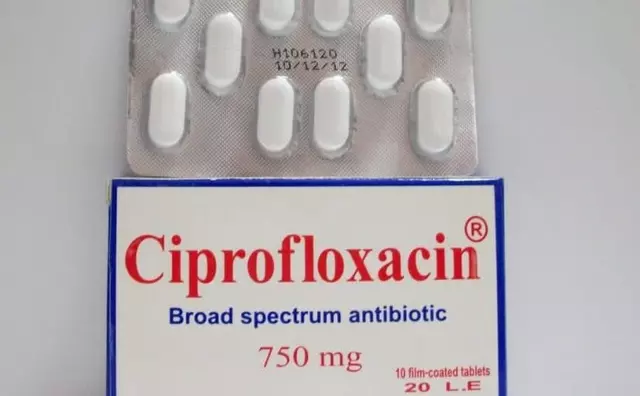Vitamin D Supplementation: What You Need to Know
When working with vitamin D supplementation, the practice of adding vitamin D to your diet through pills, drops, or fortified foods. Also known as vit D boost, it helps correct vitamin D deficiency, a condition where blood levels fall short of optimal. This deficiency can weaken bone health and impair the immune system. Getting enough sunshine, oily fish, or a quality supplement makes a big difference.
Why does vitamin D supplementation matter? First, the body uses vitamin D to absorb calcium, the mineral that builds and maintains strong bones. Without enough vitamin D, calcium stays in the gut and is lost, leading to weaker skeletons and a higher risk of fractures. Second, vitamin D receptors sit on many immune cells, so the vitamin helps primed immune responses and may lower the chance of infections. In short, vitamin D links bone health and immune support in a single biochemical pathway.
Who Can Benefit Most?
Adults who spend most of their day indoors, people living in northern latitudes, and those with darker skin often have lower sunlight‑derived vitamin D. Older adults also produce less vitamin D in their skin, making supplementation a common recommendation. Athletes who push their bodies hard may need extra to keep bones resilient and recovery swift. Even parents of young children consider vitamin D drops to safeguard growing bones and developing immunity.
Testing is the simplest way to know if you need a boost. A 25‑hydroxyvitamin D blood test tells you whether you’re deficient (< 20 ng/mL), insufficient (20‑30 ng/mL), or sufficient (> 30 ng/mL). Your doctor can interpret the results and suggest a dosage that matches your baseline. The typical adult dose ranges from 800 IU to 2,000 IU daily, but higher prescription strengths are used for severe deficiency.
Safety is a common concern, and it’s worth noting that vitamin D is fat‑soluble, so excess can build up. Symptoms of toxicity include nausea, weakness, and high blood calcium, which can damage kidneys. Sticking to recommended doses and retesting after a few months keeps you in the safe zone.
Choosing the right supplement involves a few practical checks. Look for products that list the form of vitamin D (D₂ vs D₃); D₃ (cholecalciferol) is the form your skin makes from sunlight and is generally more effective. Verify third‑party testing, especially if you shop online, to avoid low‑quality batches. Some brands combine vitamin D with calcium or magnesium for added synergy, but you can also take them separately if you have specific needs.
Beyond pills, food can contribute meaningfully. Fatty fish like salmon, mackerel, and sardines provide natural vitamin D. Fortified milks, orange juice, and cereals add small amounts, but they usually don’t meet daily goals alone. Pairing a balanced diet with a modest supplement often covers the gap without over‑relying on any single source.
All these factors—deficiency risk, bone and immune benefits, dosing guidelines, safety checks, and food sources—create a clear picture of why vitamin D supplementation is a practical health tool. Below you’ll find articles that dive deeper into related topics such as safe online purchasing of medicines, managing chronic conditions, and staying informed about drug interactions, giving you a broader toolkit for your wellness journey.

Explore how vitamin D deficiency can trigger migraines, learn to test levels, and discover practical steps like supplements, sunlight, and diet to reduce headache frequency.
Chris Gore Sep 30, 2025




